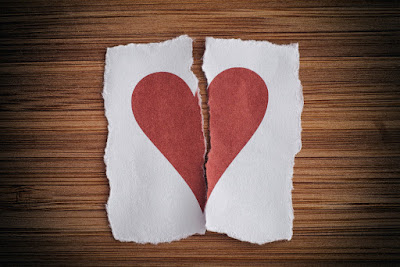If you like spicy foods and you know it, clap your hands!
If you like spicy foods and you know it, clap your hands!
If you like spicy foods and you know it then you might just want to know that
Eating spicy foods can help you stay alive!
OK, so maybe the song was a bad choice... but it was worth a shot, right?
Over the years, spicy foods are one of the things I've come to love more and more. I find myself sprinkling on a little cayenne here and there, just to give my meals a little extra kick.
If you also love spicy food, then here's a(nother) reason to keep on loving them, other than the flavor, of course: spicy foods might help keep you alive longer--or at least it seems that way, according
to a study published by the Chinese Academy of Medical Sciences.
The study
looked at 487, 375 participants, whose medical data was on file in the China
Kadoorie Biobank. The participants were between 30 and 79 years old between
2004 and 2008, when the data was collected. By the time of a median check up of
those people 7.2 years later, there had been 20,224 deaths.
The researchers found that the
people whose diets contained more spicy foods had a lower chance of death.
Specifically, people who ate spicy food 1 or 2 days a week had a 10% lower
chance, while people who consumed spicy food 6 or 7 days a week had a 14% lower
chance of death.
The consumption of chilies was especially
helpful, as they are not only rich in capsaicin, which makes them spicy, as well as vitamin C and other valuable nutrients. The effect was similar in both
men and women, although the chance of death was lower in those that did not
consume alcohol.
The study also found that regular
consumption of spicy foods was linked to a reduced rick of cancer as well as
heart and respiratory diseases, and diabetes. This association was greater in
women than in men.
The authors are urging more
research in this area. So far, they only have a link between spicy foods and
reduced risk of death, but do not understand any cause or effect. It could be
that chilies and other spicy foods have a direct impact on human health, or
they could simply be indicative of other, generally healthier dietary or lifestyle
habits. It doesn’t seem like spicy foods are making people live shorter lives
though, which is good news for people who prefer their meals with a little
extra kick.
So, if you needed an excuse to add a little extra sriracha to your ramen or chili pepper sauce to your eggs, this could be good news for you :) But we'll all have to stay tuned for the finer details once additional research is conducted.

